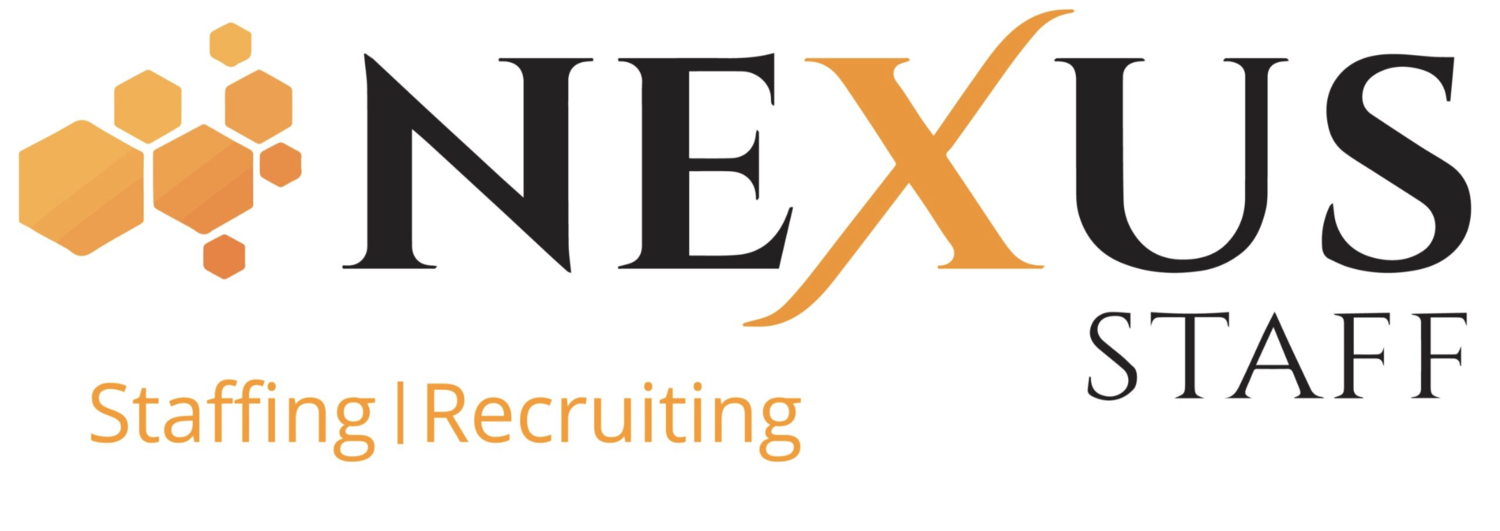Hot Topics: What is DEI and what can it mean for you?
Diversity, Equity, and Inclusion initiatives, often shortened to DEI, have been a growing trend in HR and staffing for years now, but recently they’ve begun to make national headlines. In light of the increased focus on DEI initiatives and their effects, here’s a refresher on what DEI means, why it’s making the news, and what it can mean for you and your business.
What is a DEI initiative?
As previously mentioned, “DEI” stands for Diversity, Equity, and Inclusion. DEI initiatives focus on increasing the diversity of employees in a given workplace across a wide variety of backgrounds, providing equal opportunity, and making employees feel welcomed and accepted in the organization. The three facets of a DEI initiative are all related and work together to create a more vibrant and engaging workplace.
Diversity
“Diversity” refers to the identities, backgrounds, and lived experiences of your employees. Diversity-focused policies aim to increase hiring across a variety of groups based on age, ethnicity, gender identity, sexual orientation, religious beliefs, primary language, and more. A diverse workforce brings new perspectives and knowledge into the business. Diverse policies can include priorities or quotas in the hiring process.
Equity
“Equity” refers to providing equal opportunities to everyone regardless of background. Equitable policies seek to ensure that every employee has the same access to resources, opportunities for advancement, and input on key decisions regardless of who they are or what they look like. Equity helps a diverse workforce fulfill its potential and avoid discrimination. Equitable policies can include things like anonymizing applications and performance reviews to prevent bias.
Inclusion
“Inclusion” refers to practices and policies that make employees with diverse identities feel included in company culture and free to be themselves without judgment. Diversity brings these employees into the workplace, and equity allows them to participate and grow without discrimination, but inclusion makes them feel welcomed and listened to. Inclusive policies can include dress codes that allow for cultural expression or hosting cultural events that celebrate diverse identities.
Why are DEI initiatives making the news?
DEI initiatives have been growing in popularity for many years thanks to the competitive advantages and positive impression they can create for a business. However, they have been the subject of some legal challenges in certain states. Florida recently made headlines by passing a bill that bans state universities from using state or federal funds to support DEI programs, with 19 states in total proposing or passing similar legislation. These efforts are currently only focused on higher education, where critics argue admission quotas and other “Affirmative Action” policies create a competitive disadvantage for students who are not prioritized by DEI initiatives. The US Supreme Court recently issued a controversial decision striking down Affirmative Action in university admissions, with some predicting that this legal precedent could trickle down to the professional space as well. Despite these challenges, many companies are standing by their DEI programs.
What makes DEI initiatives so popular?
DEI initiatives remain popular despite the current controversy because DEI has been shown in various studies to provide strategic advantages that increase company performance. The most commonly cited benefit of a diverse workforce is that, by bringing in new perspectives and knowledge, companies are able to make decisions more effectively and adapt to change more readily. As mentioned in previous blog posts, diversity and inclusion have also been found to improve employee engagement and retention; a more colorful workforce and a more accepting environment keep staff interested and willing to invest in the company. It also helps with recruiting, as 76% of job seekers consider diversity to be an important consideration when searching for an employer. Finally, in an age where representation is seen as a necessity and social media is liable to publicly pick apart images of less-than-diverse boardrooms, having a team from all walks of life can provide a valuable PR boost.
A quick recap
In summary, DEI initiatives are policies or practices that focus on improving diversity (the variety of backgrounds a team has), equity (the opportunities that team has, free of bias), and inclusion (the feeling that team members from all walks of life are welcomed and celebrated). DEI has become a hot topic in national news because of some legal challenges, mostly in the academic space, from critics who argue that prioritizing disadvantaged groups puts applicants from privileged groups at a disadvantage. In spite of these challenges, DEI initiatives continue to grow in popularity, as diverse leadership becomes a popular focus and companies recognize the real competitive benefits a diverse workforce can provide.
Looking to increase the diversity of your workplace? We offer some tips here on how to get started. If you’re looking to hire new employees from a variety of backgrounds, contact us here for help on your recruiting journey!









